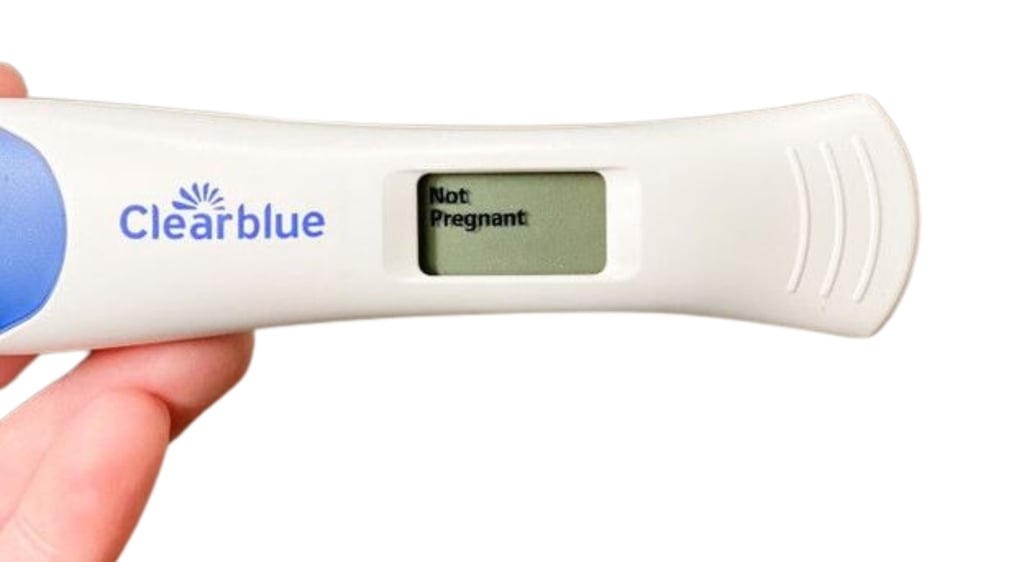Why Almost Half of Women Are Choosing a Child-Free Life?
JUST ASKINGLIFE
Victoria Guillou
11/1/2024


© Colonne / Pinterest
The year is 2030, and according to Morgan Stanley economists in their “Rise of the SHEconomy” report, nearly half of all women will be single and childless. For some, this statistic is a revelation—a sign of progress as women move beyond societal expectations and embrace a world full of choice. For others, it’s a shock, signaling a shift in traditional values around family and womanhood. But for me, it’s just one more reason to pour myself a second mimosa and ask: is this evolution, revolution, or just plain liberation?
It’s strange, isn’t it? The messages we grew up with as little girls. We’re told to dream big, but not too big; to be career-focused, but to remember that “the clock is ticking.” We learned to mix ambition with just the right dose of maternal instinct, the assumption being that eventually, those maternal instincts would kick in, no questions asked. The idea of women making a deliberate choice to remain childless for life? That was supposed to be a phase—or, at worst, a scandalous storyline on Sex and the City.
But here we are, less than a decade from a world where almost half of us may never experience the “joys of motherhood.” And before we assume that this new breed of women is missing out on something magical, let’s get real: in some cases, the choice to go childless is about more than just skipping diaper duty and PTA meetings. It’s a decision rooted in identity, in agency, in breaking away from the traditional mold that says a woman’s greatest accomplishment is her offspring.
We could chalk it up to ambition, to the flexibility to focus on careers, travel, and self-discovery. And we wouldn’t be wrong. But there’s more to this phenomenon than a simple career-versus-kids narrative. For many women, the desire to live life on their own terms has become a bigger priority than ever. A childless life, in that sense, is a blank canvas—an opportunity to fill those years with experiences, achievements, and adventures that are uniquely theirs. And in a world where women are still expected to do it all—climb the corporate ladder and keep a picture-perfect family—can we blame them for questioning what society has painted as “the ideal life”? This isn’t about rejecting motherhood; it’s about rejecting the notion that motherhood is mandatory.
So, where does that leave us? As we edge closer to this 2030 prediction, it seems we’re in the midst of rewriting the female narrative. Parenthood isn’t a requirement; it’s an option. Motherhood isn’t the “happily ever after,” it’s a choice—one that women are weighing with the same consideration they’d give to a major life investment. Just like picking out the perfect city to live in or the dream job, choosing to be a mother is no longer automatic; it’s intentional. And maybe that’s the beauty of it. A generation of women is learning that they can still create, nurture, and love without creating an entire human being. They’re building companies, supporting communities, raising awareness, and sometimes raising a little hell. And honestly? They’re doing just fine.
So, as we look to 2030 and that remarkable statistic, maybe we can see it not as a loss of tradition, but as an expansion of options. A woman’s identity is no longer tied to her title as a mother, and her worth is no longer defined by her family’s size. This shift isn’t about abandoning family values; it’s about redefining them. We’re the daughters of a generation who taught us that we could have it all—so why shouldn’t that include the freedom to say, “No, thanks. I’m good.”
Because the truth is, the future isn’t childless; it’s choice-filled. And that’s a version of progress I think we can all raise a glass to, kid or no kid.
Want to speak about something precisely?
Just tell me, I'll (or we ?) write about it...

